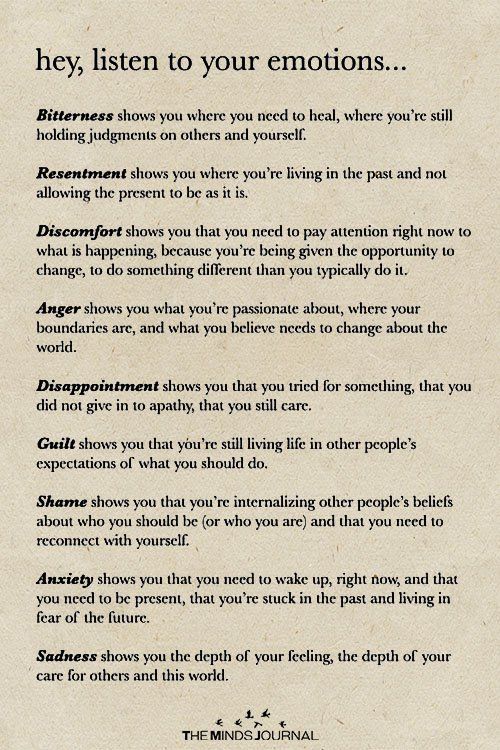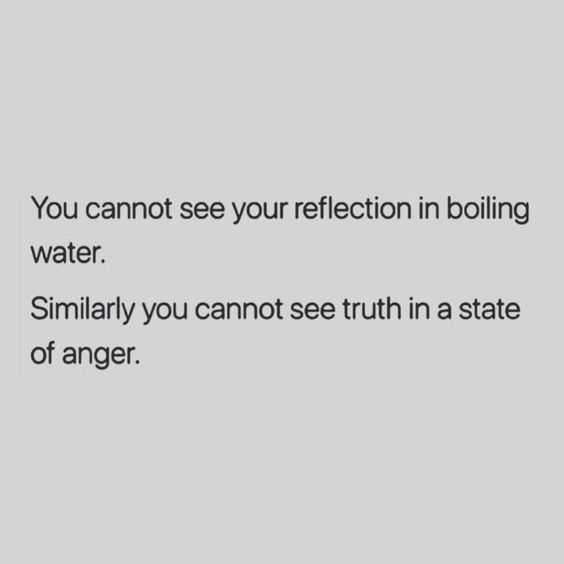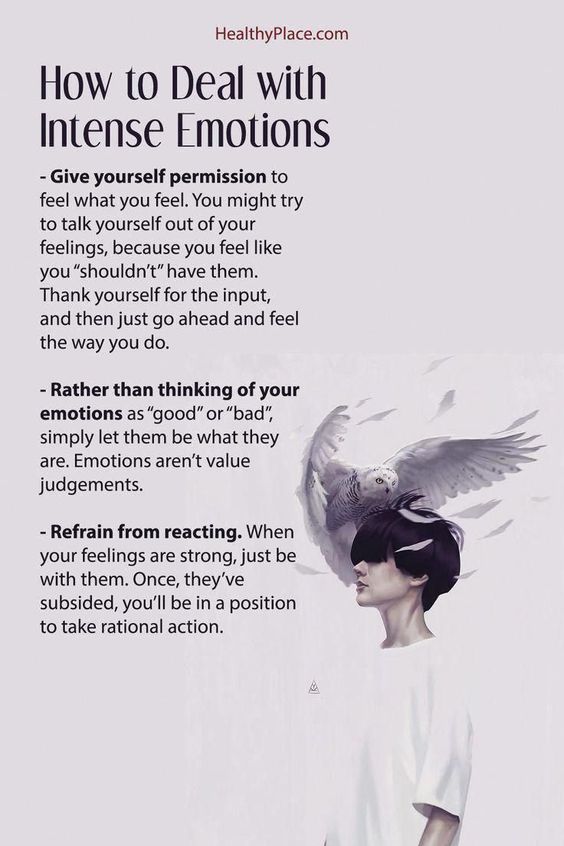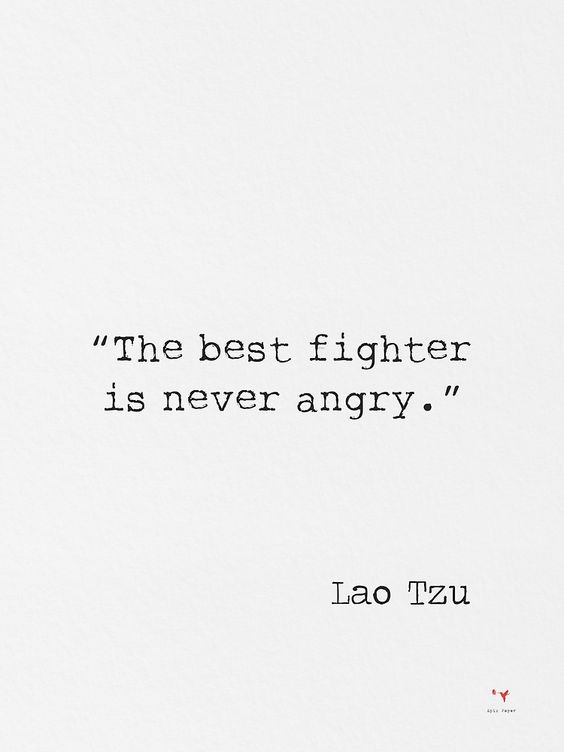“Like the lotus flower that is born out of mud, we must honor the darkest parts of ourselves and the most painful of our life’s experiences, because they are what allow us to birth our most beautiful self. We need the messy, muddy past, the muck of our human life—the combination of every hurt, wound, loss, and unfulfilled desire blended with every joy, success, and blessing to give us the wisdom, the perspective, and the drive to step into the most magnificent expression of ourselves. This is the gift of the shadow.”
Debbie Ford, The Shadow Effect (Page 142)
“To be a whole human being, we have to acknowledge the existence of all our feelings, human qualities, and experiences and value not just the parts of ourselves that our ego has deemed acceptable, but everything that we have deemed wrong or bad. If we are willing to allow our dark side to be a part of the whole of who we are, we will find it comes equipped with all the power, skill, intelligence, and force needed to do great things in the world.”
Debbie Ford, The Shadow Effect (Page 133)
“We possess every human characteristic and emotion, whether active or dormant, whether conscious or unconscious. There is nothing we can conceive of that we are not. We are everything—that which we consider good and that which we consider bad. How could we know courage if we have never known fear? How could we know happiness if we never experienced sadness? How could we know light if we never knew dark?”
Debbie Ford, The Shadow Effect (Page 95)
“You get the emotions you think you deserve.”
Deepak Chopra, The Shadow Effect (Page 46)
“It sounds strange, but feelings have feelings. Being part of you, they know when they are unwanted. Fear cooperates by hiding; anger cooperates by pretending it doesn’t exist. That’s more than half the problem. How can you heal an unwanted feeling when it’s trying not to cooperate? You can’t. Until you make peace with negative feelings, they will persist. The way to deal with negativity is to acknowledge it. Nothing more is needed.”
Deepak Chopra, The Shadow Effect (Page 42)
“It is one of the great troubles of life that we cannot have any unmixed emotions. There is always something in our enemy that we like, and something in our sweetheart that we dislike.”
William Butler Yeats, via Sunbeams (Page 102)
“Hurt people hurt people. But healed people heal people. Respect your feelings, and you’ll find your trauma. Respect your trauma and you’ll find your purpose. Respect your purpose and you’ll find your destiny. Respect your destiny and you’ll find your legacy.”
Rebecca Bardess, Twitter
“Behind joy and laughter there may be a temperament, coarse, hard, and callous. But behind sorrow there is always sorrow. Pain, unlike pleasure, wears no mask.”
Oscar Wilde, via Sunbeams (Page 82)
“On tough days we might say, ‘My work is overwhelming,’ or ‘My boss is really frustrating.’ If only we could understand that this is impossible. Someone can’t frustrate you, work can’t overwhelm you—these are external objects, and they have no access to your mind. Those emotions you feel, as real as they are, come from the inside, not the outside.”
Ryan Holiday, The Daily Stoic (Page 88)
“At one time or another, we all try to silence painful emotions. But when we succeed in feeling nothing we lose the only means we have of knowing what hurts us, and why.”
Stephen Grosz, The Examined Life (Page 27)
“If someone sends you an angry email but you never see it, did it actually happen? In other words, these situations require our participation, context, and categorization in order to be ‘bad.’ Our reaction is what actually decides whether harm has occurred. If we feel that we’ve been wronged and get angry, of course that’s how it will seem. If we raise our voice because we feel we’re being confronted, naturally a confrontation will ensue. But if we retain control of ourselves, we decide whether to label something good or bad.”
Ryan Holiday, The Daily Stoic (Page 64)
Russell Brand Quote on Self-Image and How What We Justify Is What We Recommit To
“In justifying our misery we recommit to it.”
Russell Brand, Recovery (Page 101)
Beyond the Quote (Day 407)
There’s an expression in the performance world that nobody can outperform his/her own self-image. Meaning, how a person thinks they’ll end up performing is how they’ll most likely end up performing. Self-image becomes a self-fulfilling prophecy.
Read More »Russell Brand Quote on Self-Image and How What We Justify Is What We Recommit To“Many successful people will try to tell you that anger is a powerful fuel in their lives. the desire to ‘prove them all wrong’ or ‘shove it in their faces’ has made many a millionaire. the anger at being called fat or stupid has created fine physical specimens and brilliant minds. The anger at being rejected has motivated many to carve their own path. But that’s shortsighted. Such stories ignore the pollution produced as a side effect and the wear and tear it put on the engine. It ignores what happens when that initial anger runs out—and how now more and more must be generated to keep the machine going (until, eventually, the only source left is anger at oneself).”
Ryan Holiday, The Daily Stoic (Page 50)
“The next time someone gets upset near you—crying, yelling, breaking something, being pointed or cruel—watch how quickly this statement will stop them cold: ‘I hope this is making you feel better.’ Because, of course, it isn’t. Only in the bubble of extreme emotion can we justify any of that kind of behavior—and when called to account for it, we usually feel sheepish or embarrassed.”
Ryan Holiday, The Daily Stoic (Page 48)





